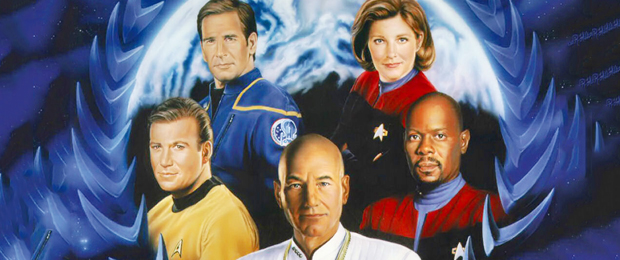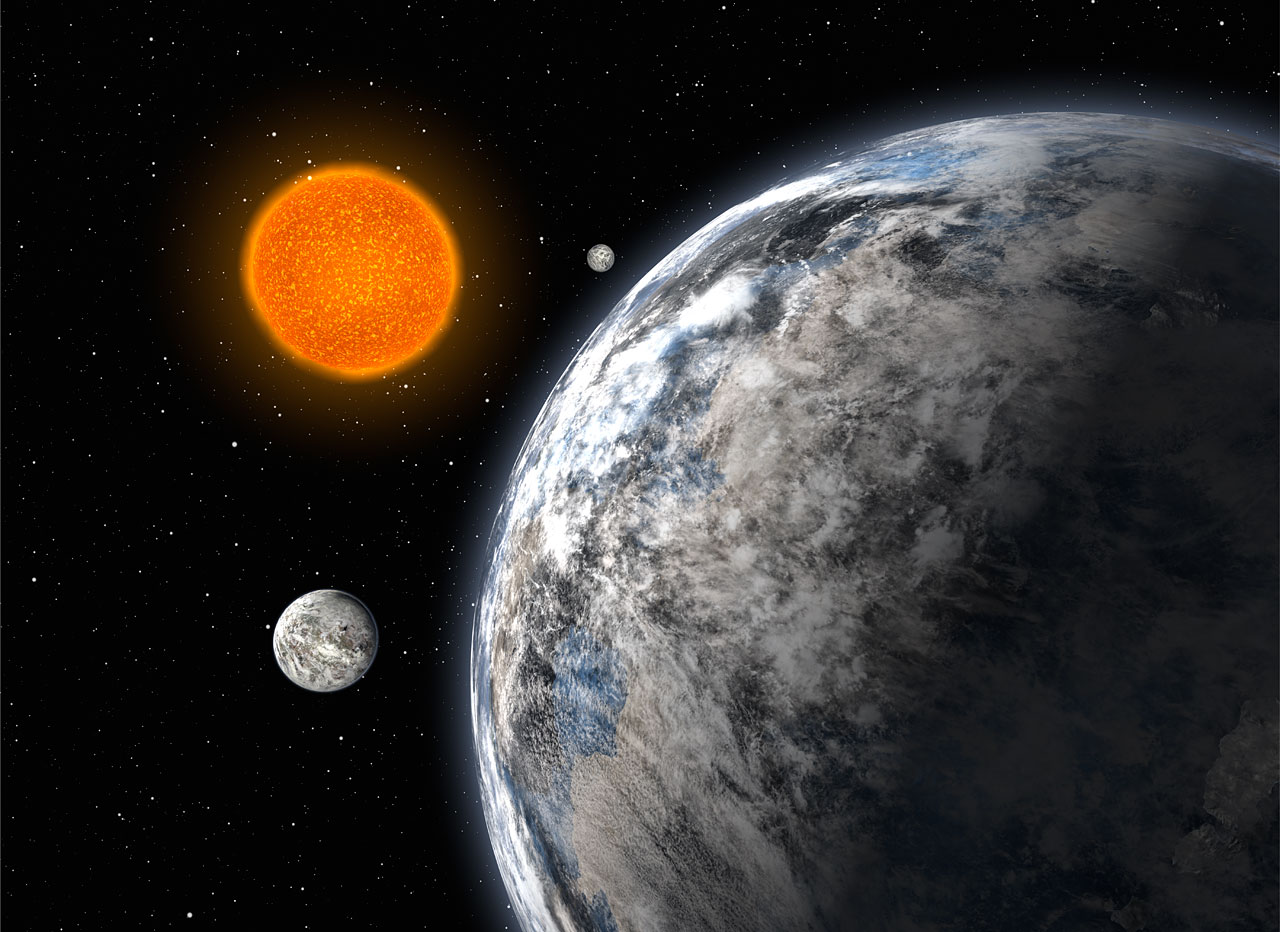Solar Eclipse Fever? Mark your calendar for 2024

Once in a lifetime solar eclipse? Maybe not.
Nature’s rarest celestial spectacle, a total solar eclipse. Now that you’ve seen it on television and heard the awe of the spectators, you wish you’d been able to work it out. For a variety of reasons I was content to see a 72% eclipse from my home in Las Vegas, alas, for the single hour that would have been needed to watch, it rained. And it really rained, like big, black, storm cloud rain.
Rain might not seem such a big deal to most, but we have sun about 350 days a year here. It’s why I have a 10.5K solar array on my roof, why my bath towels are kind of stiff from drying on the clothesline six months of the year, and why I expected that in this valley my odds (no obvious Vegas pun intended here) of visibility were about 34:1 in favor of sun. In fact, even with rain, at some point the sun will appear even on those days. And, I was right. The clouds cleared around noon, well past the entire event in the southwest part of the country.
Solar eclipse of 1979
So the last chance I had was in 1979. I will tell you, without too many age revealing details, I happened to be on a school campus at the time, sometime around 8:15. I used the pinhole method, a hole in a paper cast upon another sheet of paper. My classmates thought I was nuts for even caring. I was probably the only person that day who bothered, or cared, that in the sky above us something extraordinary was occurring, in real time, and that tiny little grey crescent, as it changed from fat to thin to fat and whole again, in the past had confirmed Einstein’s General Theory of Relativity, in 1919.
And as sad as that experience might sound, I’ve never forgotten it. I’ve been nerdy since before they invented the term, and I’m not surprised to find myself writing scientific fiction stories, hoping to instill the same feelings of amazement and cosmic unity in my readers as I embrace. I call this a natural worldview. Only a handful of humans have ventured beyond our stratosphere, and only as far as our moon.
The speed of light is 186,000+ miles per second (300,000 km/sec), or 6.71×108 per hour. I seared that number into my brain prepping for a science club contest between high schools. A photon of light can circle the Earth 7.5 times in one second. Light travels between the moon and Earth in less than two seconds. It takes light 8 minutes to get from our sun to Earth. My point is, space is big, and that’s an understatement.

April 8th, 2024, we have another coast to coast total eclipse, but instead of west to east, it will be south to north, more or less.

An annular eclipse, where instead of the corona you see a ring of fire, will occur shortly before that, on October 14th, 2023.
It works like this: the Sun is 400 times +- larger than the moon. It is also 400 times farther away from the moon than the moon is to Earth. For a deeper explanation, go read this Popular Science blog. No sense in reinventing the wheel here. And since the moon moves away from Earth a few centimeters each year, before another billion years pass, a total solar eclipse will be a thing of the past. Of course, none of us will be here to lament the demise. We are on the planet, conscious, sentient, intelligent, at the best time since life began.
I wrote about humans on another planet experiencing a solar eclipse, not a total eclipse, but one in which three moons converge to cast their shadows and block out the star, Beta Hydri, and this defining moment in their lives brings a new beginning and hope as they patiently await rescue on a planet that, like Nature here, doesn’t care for the life forms; they simply must use their brains to stay alive, and the solar powered escape pods are pretty helpful, too. If you want to check that book out, just pop over here and you can find it on Smashwords or Amazon as an eBook, or in paperback if you prefer. Paradox: The Alien Genome, the first novel of the Captain Jackson Adventures series.

Until the next worthy news item, wear your sunscreen. Those UV rays are Naughty Nature at her most wicked!




 Followers, I’ll be migrating to a new platform in the next couple of weeks so please be patient for more fun science stuff, space adventures, incredible insight and a campaign for several bottles of extra strength aspirin.
Followers, I’ll be migrating to a new platform in the next couple of weeks so please be patient for more fun science stuff, space adventures, incredible insight and a campaign for several bottles of extra strength aspirin. watch Star Trek, Star Wars, Battle Star Galactica, Space: 1999? What introduced you to the wonders of science, and fiction?
watch Star Trek, Star Wars, Battle Star Galactica, Space: 1999? What introduced you to the wonders of science, and fiction?




